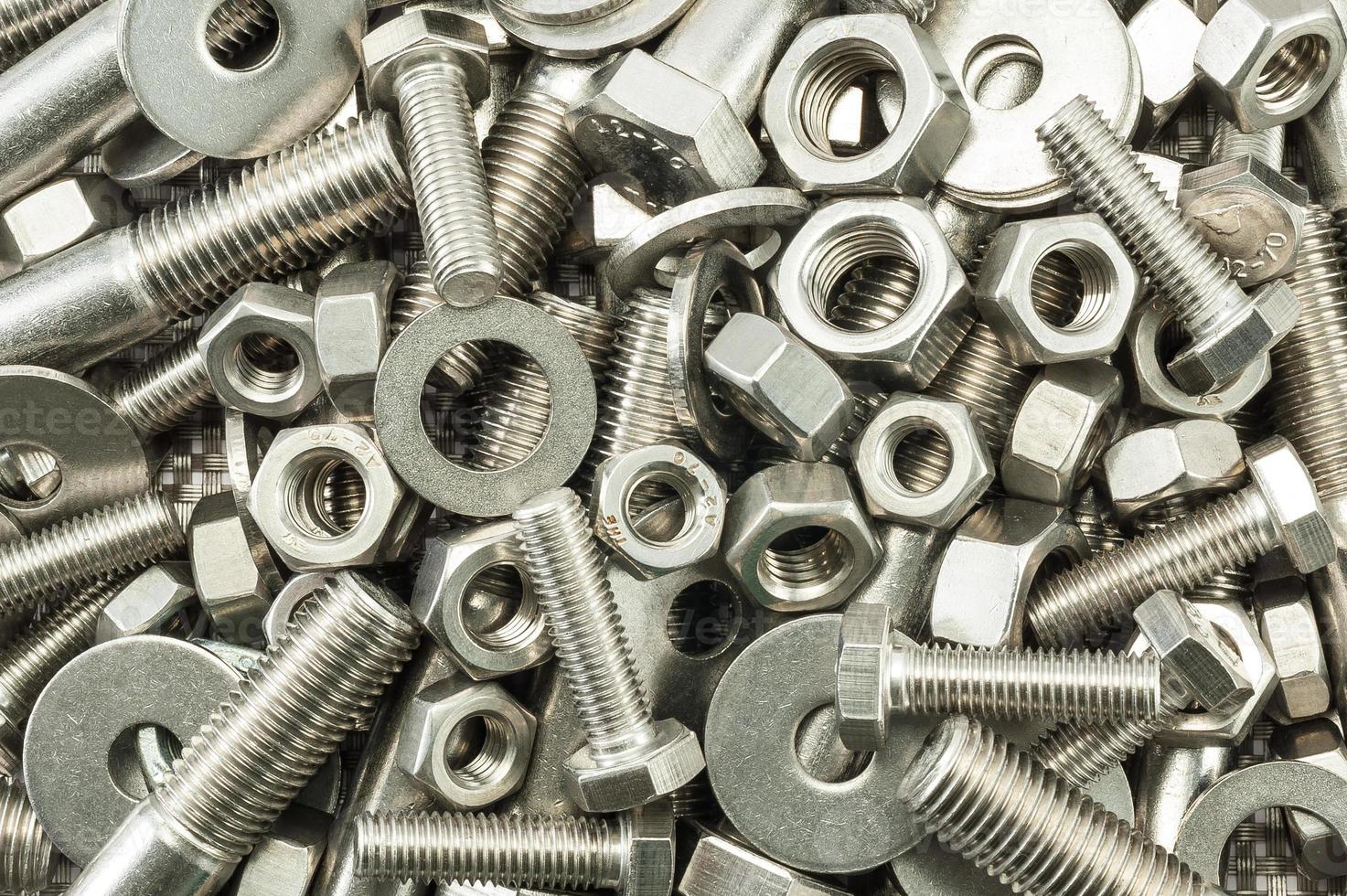Innovative Styling Concepts Using Fasteners and Bolts
When it comes to creative decorating, many people miss the potential of everyday items like nuts and bolts. These small, metallic fasteners can be transformed into one-of-a-kind design elements that inject personality and industrial charm into your home or workspace. Whether you’re crafting new furniture, enhancing wall art, or creating bespoke organizers, the versatility of nuts and bolts can be harnessed to add a touch of creativity to your decorating projects.
In this article, we will discuss a variety of innovative ideas for incorporating nuts and bolts into your decor, guiding you through the fundamentals of these essential fasteners. From understanding the different types of nuts and bolts to recommendations for unique applications, our complete guide will help you unleash your creativity and showcase your personal style using these unassuming materials. So fetch your toolbox and get ready to transform simple hardware into breathtaking decorative features.
Categories and Uses of Nut Fasteners and Bolts

Nuts and bolts are crucial connecting elements used in multiple applications, providing strength and reinforcement to buildings and assemblies. There are a variety of typical types of bolts including hex bolts, rounded head fasteners, and heavy-duty fasteners. Hex bolts, characterized by their hexagonal heads, are versatile and suitable for use in a wide range of applications, from construction to vehicle maintenance. Carriage bolts, with their curved heads and square shafts, are frequently used in carpentry, while heavy-duty bolts provide a strong grip for robust connections in timber.
Understanding the different types of nut fasteners is just as important. Standard nut fasteners are prevalent and work in tandem with various bolt types, while nylon lock nuts offer added protection with a nylon insert that prevents loosening from vibrations. Washer nut fasteners have a built-in disc that spreads load, making them suitable for more delicate materials. Each type of nut serves a specific purpose and contributes to the complete integrity of the structure.
When choosing the appropriate connector, consider the substances and coatings involved to enhance performance and longevity. For instance, stainless steel fasteners are known for their durability and corrosion resistance, making them a superior choice for outdoor projects. Meanwhile, zinc-coated bolts are cost-effective options that provide basic corrosion protection. By understanding the roles and types of nut fasteners and bolt fasteners, you can select the best elements for your projects, ensuring durability and security in your builds.
Substances and Finishes for Fastening Devices
When choosing on the appropriate fasteners for your endeavor, the materials from which hardware and bolts are made play a critical role in their functionality and lifespan. https://pichestan.com/ is the most frequent material, offering excellent strength and durability. For additional resistance to corrosion, galvanized steel is treated with a defensive zinc coating that helps in external applications. Meanwhile, corrosion-resistant steel bolts provide superior corrosion resistance and are perfect for environments subjected to moisture or chemicals.
Copper is another common material for fasteners, particularly for those requiring superior conductivity in electrical applications. Its resistance to rust makes it suitable for marine environments as well. A titanium alloy, though higher in price, offers remarkable strength-to-weight ratios and is extremely resistant to corrosion, making it a favorite in aerospace and high-performance applications.
Coatings also affect the nuts and bolts' performance, especially in demanding environments. Coatings like polyamide and synthetic materials can provide additional protection against abrasion and corrosion. Grasping the properties of different materials and their finishes ensures you choose the most fitting fasteners for your particular requirements, maximizing the durability and dependability of your tasks.
Unique Fasteners and Their Uses
Unique fasteners are crafted for specific uses where standard fasteners and bolts may not suffice. One typical illustration is security fasteners and screws, which are used in security-sensitive installations to prevent unauthorized access. These solutions often boast distinct shapes or necessitate specialized tools for removal, making them ideal for protecting outdoor equipment, community fixtures, and industrial tools.
Another notable category is nylon lock fasteners, which provide extra security by featuring a synthetic insert that grips the screw threads. This design helps to resist unraveling due to vibrations, making them particularly valuable in automotive repairs and industrial applications where motion is frequent. They maintain security over time, ensuring safety and longevity in critical applications.
Additionally, anchor bolts play a key role in foundation work and structural support. These fasteners are set in concrete to hold structures or large equipment. The selection of anchor fasteners depends on the weight requirements and environmental conditions, with options including expansion bolts, which provide optimal holding power in various uses. Understanding these unique solutions helps in choosing the right component for each project, enhancing both safety and efficiency.